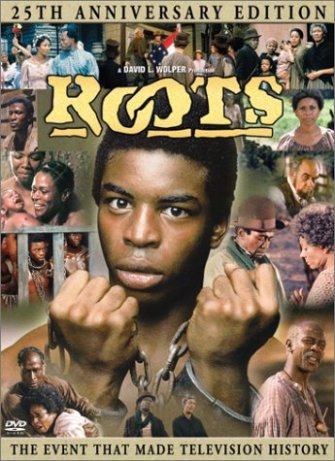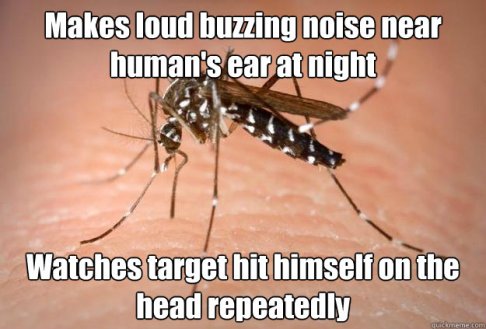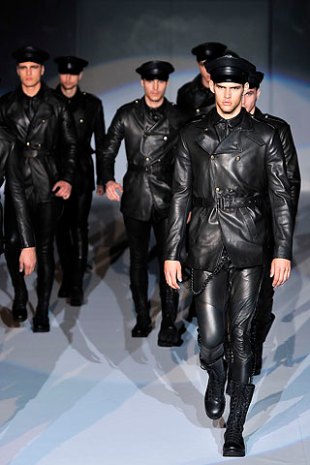Just a note on a few other books I have read in preparation
Roots: The Saga of an American Family – Alex Haley
Interestingly when this was first published it was classified as non-fiction by The New York Times. Plagiarism controversies have since made this into a historical novel, and a disturbing one at that. Whilst the specter of slavery is still fresh historically, I have to admit at having never giving much thought to the abhorrent crimes that were committed by white people against Africans during the centuries of slavery. Haley tells of the life of Gambian born Kunte Kinte who is captured by slave traders in 1767 and transported to work in the American plantations. Particularly harrowing is the 50 page section describing the boat voyage over, how anybody could survive those conditions I do not know (many didn’t, with estimates claiming that 3 out 5 African slaves died on the voyage over).
In respect to my own position as a white man traveling to Africa it made me slightly nervous. How does a nation deal with such exploitation? Will perceptions of me as a toubab (West African term for person of European descent) still be defined through fear, resentment and anger at centuries of abuse? Should I be apologetic for what toubabs have done in the past?
I also read Incidents in the Life of a Slave Girl by Harriet Jacobs after reading Roots to get a further idea of what life was like as an American slave. It is a first hand account of an incredibly brave and eloquent girl who escapes from her cruel and ruthless owner. Whilst I doubt words can adequately describe the sufferings endured by slaves she gives a valiant attempt and sheds light on the darkest aspects of humanity.
Possibly the most famous novel set in West Africa is Things Fall Apart by Chinua Achebe 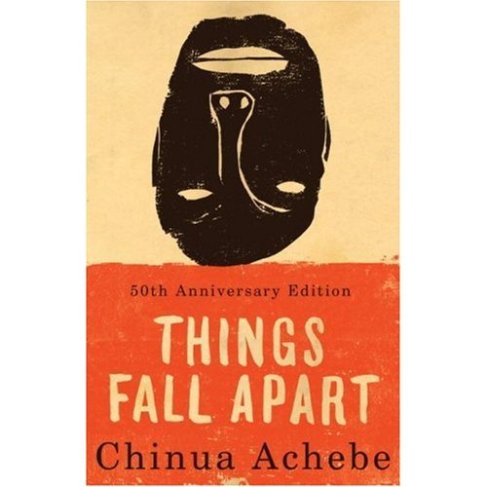
It tells two intertwining stories, both centering on Okonkwo, a “strong man” of an Ibo village in Nigeria. The first, a powerful fable of the immemorial conflict between the individual and society, traces Okonkwo’s fall from grace within the tribal world. The second, as modern as the first is ancient, concerns the clash of cultures and the destruction of Okonkwo’s world with the arrival of aggressive European missionaries. These perfectly harmonized twin dramas are informed by an awareness capable of encompassing at once the life of nature, human history, and the mysterious compulsions of the soul. Although once again leaving me slightly uneasy at how I would be perceived as a European in Africa with such an unforgettably dark history surrounding me, I felt that Things Fall Apart gave a more rounded view of tribal life, whereas Alex Haley in Roots was inclined to paint village life as an unbelievable Eden that was mercilessly destroyed by outsiders. In saying that I do not mean in any way to diminish the atrocities committed by Europeans, I merely think that Achebe contextually paints his story more believably than Haley and thus makes those atrocities resonate more deeply.
Finally, I have been trying to make my way through Why Nations Fail by Daron Acemoglu and James Robinson
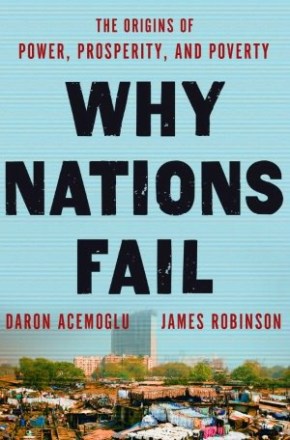 In 700 pages the authors try to explain why it that such great disparity exists between the nations of the world. I had previously simplistically answered this myself and attributed all the inequalities of nations to weather. Typical Englishman – weather obsessed. But seriously, I had thought that England had had the Industrial Revolution solely because it rained a lot but wasn’t too cold, meaning plenty of crops but lots of time inside to come up with ideas to produce more goods.
In 700 pages the authors try to explain why it that such great disparity exists between the nations of the world. I had previously simplistically answered this myself and attributed all the inequalities of nations to weather. Typical Englishman – weather obsessed. But seriously, I had thought that England had had the Industrial Revolution solely because it rained a lot but wasn’t too cold, meaning plenty of crops but lots of time inside to come up with ideas to produce more goods.
Shockingly my thesis doesn’t stand up and Daron Acemoglu and James Robinson dismantle it very effectively showing that the success of nations is entwined with its political and economic institutions and that if they are pulling in the ‘right’ direction and are inclusive then prosperity will inevitably happen. I still think the rain didn’t hurt.
Of particular interest is why some African countries are proving to be prosperous, such as Botswana, and others like Sierra Leone are lagging. It will be interesting to see if during my stay in The Gambia I will be able to get an impression of what the institutions are like within the country. Do people there feel that the political system gives them a voice and the ability to better themselves? I am hopeful that as The Gambia is a small country I will be able to get some idea of the things its institutions do well and the things they could improve on. Then again I may get no idea as I will probably be in a village far away from any economic and political institutions.

